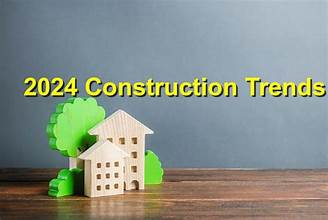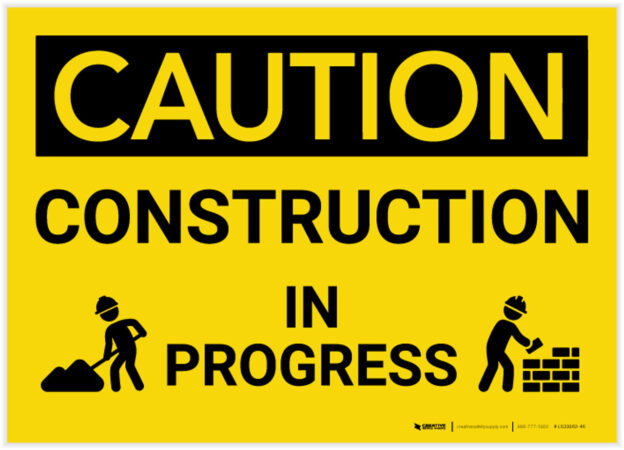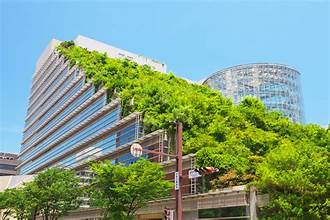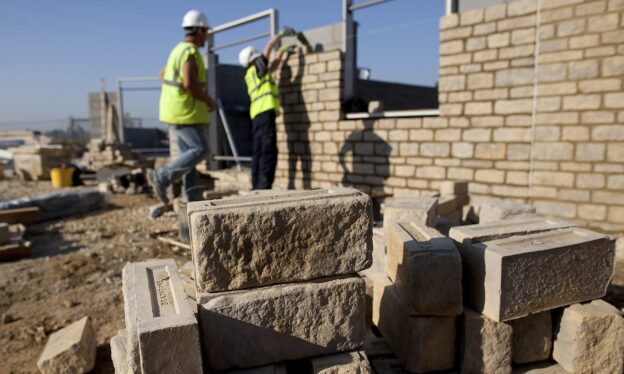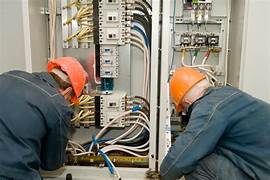The construction industry in Mauritius is poised for significant growth in 2024,driven by a blend of technological advancements, sustainable practices, and evolving market demands. As the island nation continues to develop its infrastructure and urban landscapes, several key trends are set to shape the construction companies in the coming year.
Embracing Sustainable Construction
Sustainability is no longer a buzzword but a fundamental shift in how construction in Mauritius projects are approached . In 2024, there will be a stronger emphasis on eco-friendly building materials, energy-efficient designs, and green certifications. The push for sustainability is driven by both regulatory frameworks and the growing awareness among developers and consumers about the importance of reducing the environmental impact of construction activities. Projects incorporating solar panels, rainwater harvesting systems, and green roofs are becoming more common, aligning with global green building standards.
Advancements in Construction Technology
Technology continues to revolutionize the construction industry, and Mauritius is no exception. Building Information Modeling (BIM) is becoming a standard tool, enabling more accurate planning, design, and construction processes. BIM facilitates better collaboration among stakeholders, reducing errors and increasing efficiency. Additionally, the use of drones for site surveys and progress monitoring, 3D printing for creating complex building components, and augmented reality (AR) for immersive project visualization are expected to see wider adoption.
Modular and Prefabricated Construction
Modular and prefabricated construction methods are gaining traction in Mauritius due to their efficiency and cost-effectiveness. These methods involve assembling building components off-site in controlled environments before transporting them to the construction site for final assembly. This approach significantly reduces construction time, minimizes waste, and improves quality control. In 2024, we can expect more residential, commercial, and even hospitality projects to leverage modular construction techniques, responding to the need for quicker project turnaround times.
Infrastructure Development
Mauritius is investing heavily in infrastructure development to support its economic growth and enhance the quality of life for its residents. Major projects such as road expansions, new highways, and public transportation improvements are underway. The government’s focus on developing smart cities is also expected to drive the construction sector, with investments in modernizing utilities, improving connectivity, and creating sustainable urban environments. These infrastructure projects not only boost the construction industry but also stimulate other sectors of the economy.
Skilled Workforce and Training
As the construction industry evolves, the demand for a skilled workforce becomes more critical. In 2024, there will be a stronger emphasis on training and upskilling workers to keep pace with new technologies and construction methods. Educational institutions and industry stakeholders in Mauritius are likely to collaborate more closely to develop programs that address the skills gap. Apprenticeships, vocational training, and continuous professional development will be key components in building a competent workforce that can meet the demands of modern construction projects.
Conclusion
The construction industry in Mauritius is set for a dynamic year in 2024, characterized by sustainable practices, technological innovation, modular construction, and significant infrastructure development. These trends are not only shaping the future of the industry but also contributing to the overall economic growth and development of the nation. By embracing these changes, Mauritius is positioning itself as a forward-thinking and resilient player in the global construction landscape.
Manser Saxon Construction Mauritius is a multi-disciplinary company with years of experience.
